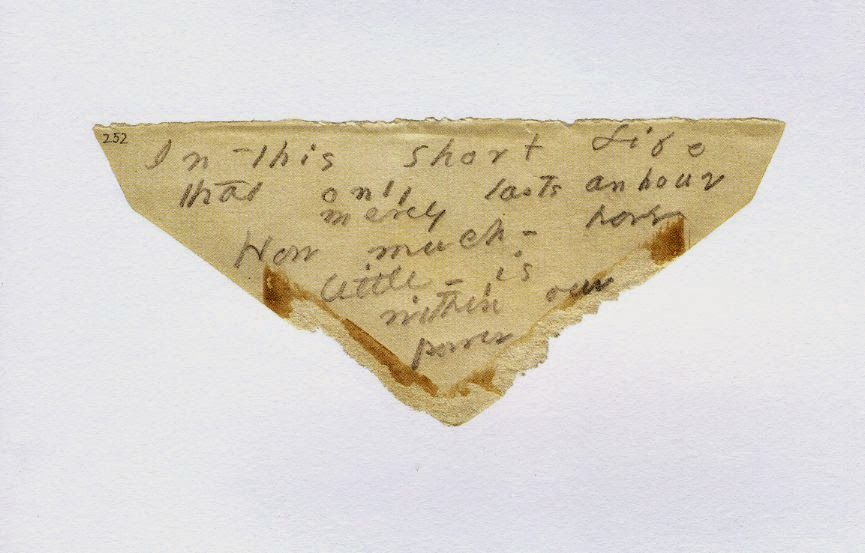
This module is an introduction to the practice of writing poetry. It will examine seven distinct formal elements of verse, support these with the best examples from canonical poetry in the English language - that is to say, poems that have outlasted those who made them - and explore them with the use of exercises. It is intended to make the students better at the craft, as well as more appreciative of its history, variety and power.
The seven elements are: (1) line, (2) line-break, (3) stanza form, (4) rhyme, (5) meter, (6) vowels & consonants, and (7) dramatic verse. Of course the examination of, for example, rhyme in poetry, encompasses the deployment of its reverse, the unrhyme, and a scrutiny of metrical poetry includes a look at 'free verse'. One has to know what one is forgoing, and why. In all cases we will be looking at ways in which forms have grown organically in the language, attempting to account for the longevity of such forms as the sonnet, the quatrain, the pentameter, as well as rhyme and meter themselves. We will also look at such diverse elements as the use of vowels to express emotion, the relationship between meter and passing time, and the strange history of verse in the theatre.
The seven elements are: (1) line, (2) line-break, (3) stanza form, (4) rhyme, (5) meter, (6) vowels & consonants, and (7) dramatic verse. Of course the examination of, for example, rhyme in poetry, encompasses the deployment of its reverse, the unrhyme, and a scrutiny of metrical poetry includes a look at 'free verse'. One has to know what one is forgoing, and why. In all cases we will be looking at ways in which forms have grown organically in the language, attempting to account for the longevity of such forms as the sonnet, the quatrain, the pentameter, as well as rhyme and meter themselves. We will also look at such diverse elements as the use of vowels to express emotion, the relationship between meter and passing time, and the strange history of verse in the theatre.
- Module Supervisor: Holly Pester
- Module Supervisor: Philip Terry